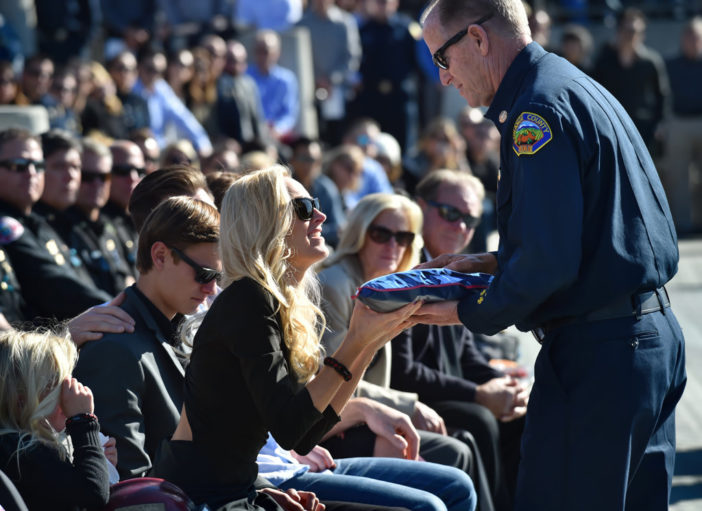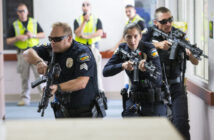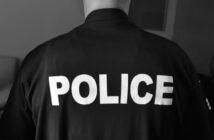On a Tuesday morning, Orange County Fire Authority Captain Eric Weuve jumped from the Crown Valley Parkway overpass to his death on the 5 Freeway in Mission Viejo.
Although we can’t know the exact reason Weuve ended his life, his death resonates in the first responder community. For everyone who wears a uniform, they know too well the conditions and stressors of the job.
Imagine a job where you are encountering people under the worst circumstances almost every day. Homicides, domestic violence, major accidents and suicides are a routine occurrence.
Add to that working holidays, weekends and overnight hours. You often miss your children’s activities, family gatherings and significant events.
Dr. Nancy Bohol-Penrod, director of the Counseling Team International, works with first responders as a therapist and counselor. She is a past president of the International Associations of Chiefs of Police (IACP) Psychological Services Section and does extensive training on suicide prevention. I recently spoke with her about the unique stressors associated with the first responder profession.
“Imagine a job where you are almost never off-duty,” Bohol-Penrod said. “You are constantly in first-responder mode no matter where you go or what you’re doing. It’s what the job does to you. Over time, that can cause problems. We weren’t meant to live that way.
“Then there is the job itself. Shift work is terrible both physically and psychologically. The schedules are not conducive to healthy living. For many, you don’t know from day to day if you’re going to get a call in the middle of the night to respond. For lots of first responders, their relationships with their partners ends up being one where they are just ships passing in the night.
“All this amounts to stress building up over time. It becomes an issue of duty vs. family. First responders have a job to do and it’s an important job, but balancing both requires a lot of skill.”
I asked Bohl-Penrod about the role critical incidents plays in a first responders well-being.
“Critical incidents are when first responders are at their best. The world has gone to heck and during the chaos they methodically go about doing their job. They compartmentalize and often time internalize any emotional responses. Duty calls.”
Bohl-Penrod commented, “They actually do a much better job of handling this kind of stress than the average person on the street.
“In my experience, it’s in personal relationships and work place dynamics where you see the strongest evidence of distress. It’s usually where you first notice that something is not working.”
Difficulty in marriages and poor work performance are all too common.
Departments have done a lot over the years to help first responders deal with the stress of today’s work environment. From peer support groups to contracting with mental health professionals to providing services, agencies are being more responsive than ever to the needs of first responders.
Sadly, it’s difficult to reach them all. Often time there is a reluctance to seek help. Imagine you are the person whose job it is to help and now you need help yourself.
In a previous interview with Behind the Badge OC, Anaheim Police officer Sarah Shirvany explained, “In law enforcement, we have to be ‘tough’ and have a ‘thick skin. We say we’re ‘fine’ and things don’t bother us. So when we do need help it is not easy to let our guard down and say, ‘I’m exhausted, stressed, depressed or need help,’ without judgment or embarrassment.”
Bohl-Penrod reflected, “Every day first responders across the country are responding to the worst situations. In many ways, it’s like a war zone. We need to support them just like we do our troops in the battlefield. It’s the least we can do.”
 Behind the Badge
Behind the Badge



